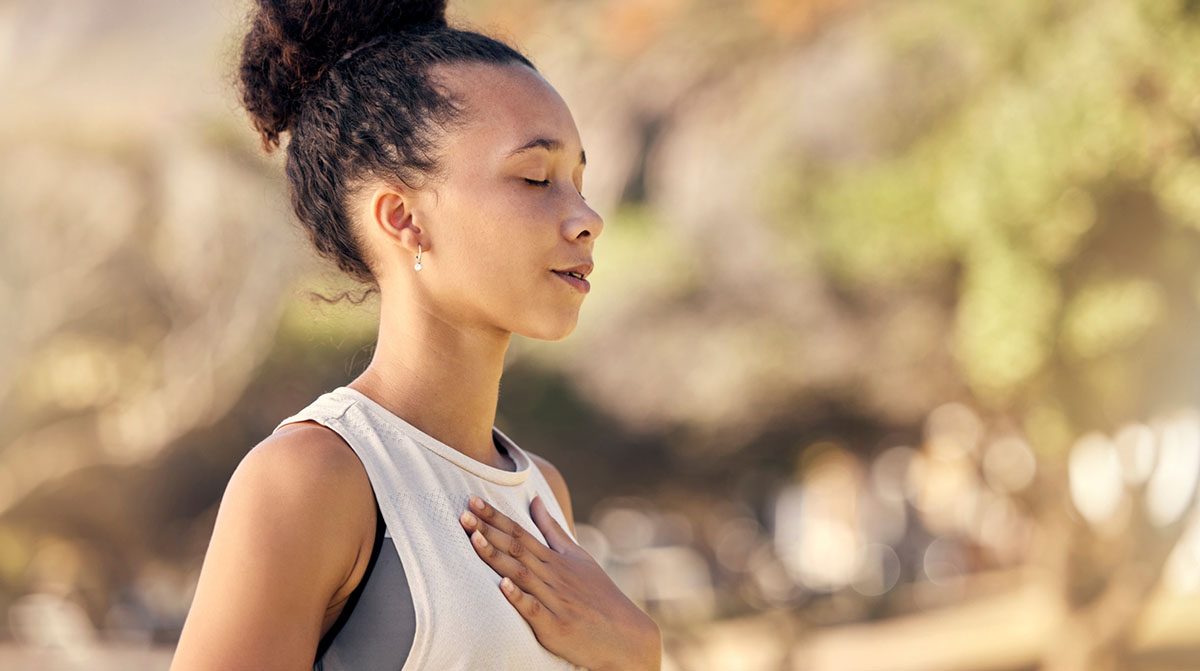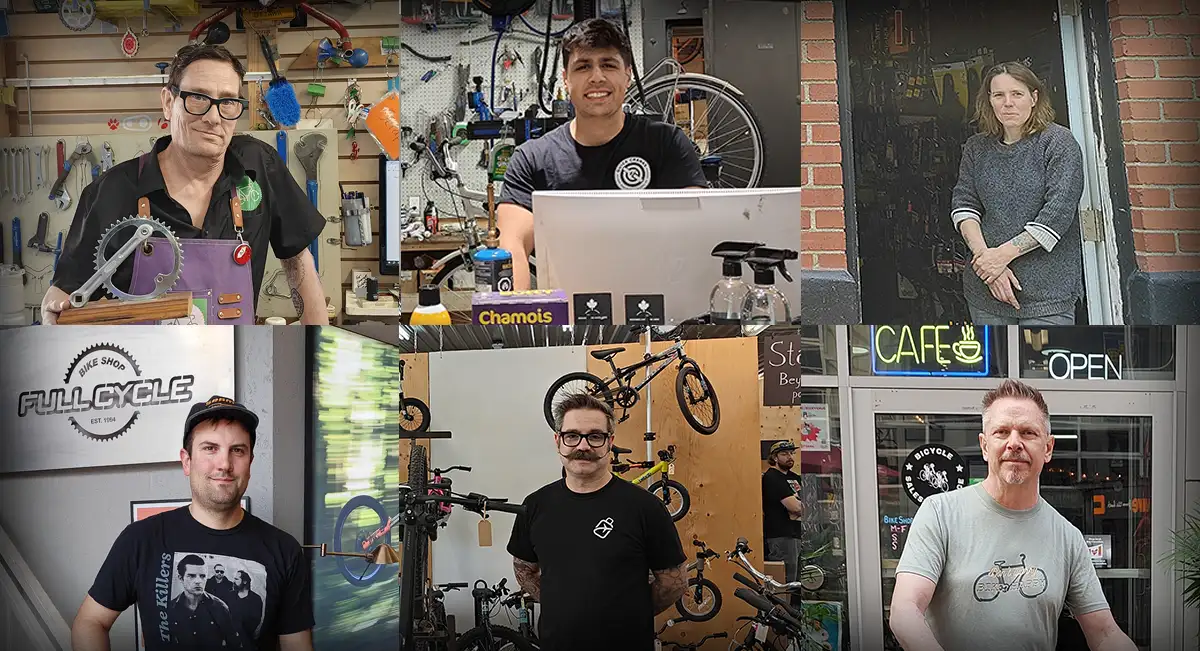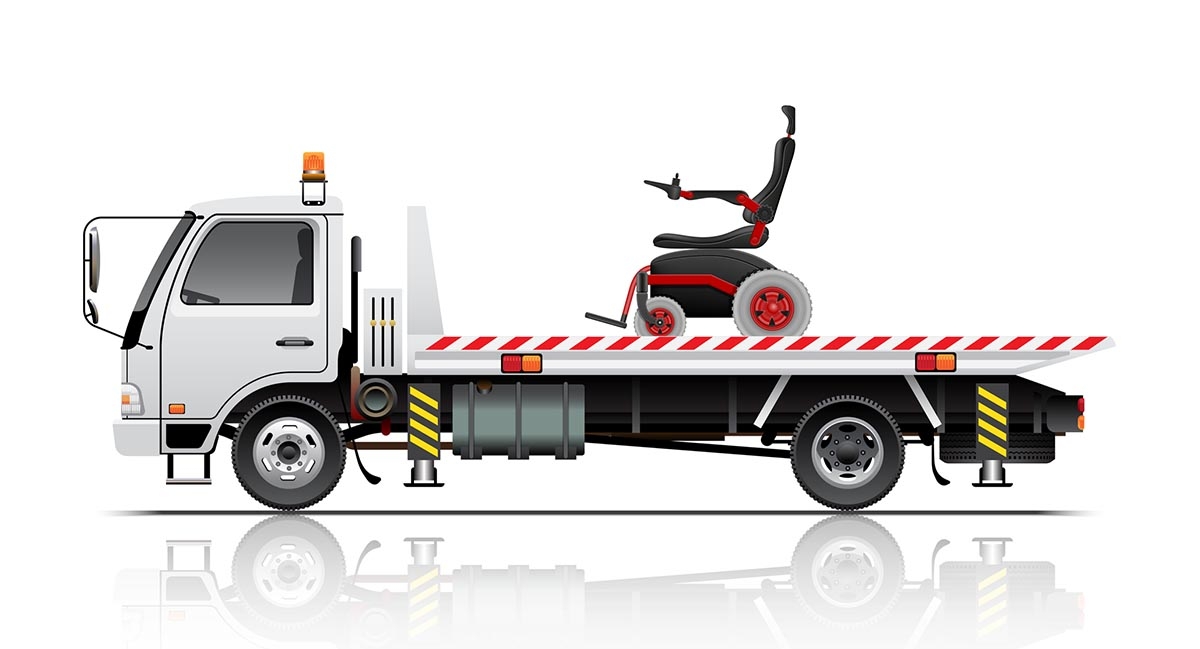
Practising Self-Care When You’re Reliant on Others
As I’ve been saying over the past few weeks, I’ve been spending a lot of time focussing on myself and practising mindfulness and meditation. So far, I’ve felt pretty great, and it’s been a positive experience. I highly recommend everyone try it at least once if you haven’t already.
I’ve been learning a lot about myself and some of the things I’ve experienced, both positive and negative. We all have them, and it’s essential to acknowledge them. We also need to learn how to deal with them healthily.
There’s nothing wrong with putting yourself first, even if it means pushing aside some things to focus on yourself. Life can be busy and challenging at times.
We owe it to ourselves to take care of ourselves. Taking care of others is hard if you don’t care for yourself. The same goes for love. If you can’t or don’t love yourself, you won’t be able to love others.
This raises an important question: How can people with disabilities practice self-care, especially when they need care from others?
Is it even possible?
Yes, absolutely.
People practice self-care in many ways.
A few examples include:
– Do some physical exercise, even if it’s a small amount
– Eating healthy foods
– Practicing mindfulness
– Reading or listening to a good book or podcast
– Doing something creative.
– Practicing gratitude
– Listening to gentle music or sounds
– Yoga/Adapted yoga
Self-care looks different for everyone. What matters is that you do something that you need and enjoy.
I listen to music, especially when I’m writing or stressed out. Music helps me go to a place I need to be at that moment. Music has a way of speaking to me in a way that words never can.
Also on my self-care list was practising mindfulness, gratitude, and meditation, which I’ve previously mentioned.
Meditation can be a difficult thing for me to do because I’m ventilator-dependent, so I can’t take deep breaths. Many of the guided meditations I’ve come across involve deep breathing and focusing on your breath.
I’ll share with you a little secrete that I discovered for myself:
Sometimes, being ventilator-dependent can also make meditating easy.
My ventilator gives me a breath every two or three seconds in a steady pattern. It never changes. Because of that, I can focus on the rhythm of the breath and count. The only drawback is being unable to take deep breaths, but I can still focus on my breath.
That helps me a lot in my meditation.
Another thing I mentioned is yoga. Adapted yoga classes are available through the Rehabilitation Centre and the City Of Ottawa.
The important thing is to find what works for you. Many books, articles, videos, and podcasts are available online to help you get started. Ultimately, it comes down to finding what works for you.
Questions to ask yourself before starting:
1. Am I worth the time and energy it takes to practice self-care?
2. What am I hoping to achieve?
3. Am I truly prepared to do what it takes to achieve those goals?
If you’re a person with a disability:
1. Is there someone I can trust who feels comfortable helping me do yoga or going that extra mile? The same question applies to friends or loved ones.
2. Will this affect my physical or mental health negatively?
3. Will this affect my scheduled calls for assistance?
If you’re a caregiver:
1. Am I willing to learn more about how to help someone with a disability practice self-care?
2. What would I do, or how would I feel if I couldn’t practice self-care without extra help?
3. Can I put aside my negative feelings for a few minutes and focus on them?
It’s also important to remember that everyone has different needs, abilities, and circumstances,
One of the big things I love about self-care is that I can do it almost anywhere and with virtually no help. I could be completely private about it or choose to talk openly about it with others.
By now, you’ve probably figured out the answer to that question.
As I do every day, my goal is to help others and, at the same time, educate them about the challenges people with disabilities face daily.
As I often say, we all have battles, making self-care even more important.
Take time for yourself and focus on what matters the most — yourself.
Until next week, stay safe and keep rolling.
Photo: iStock









